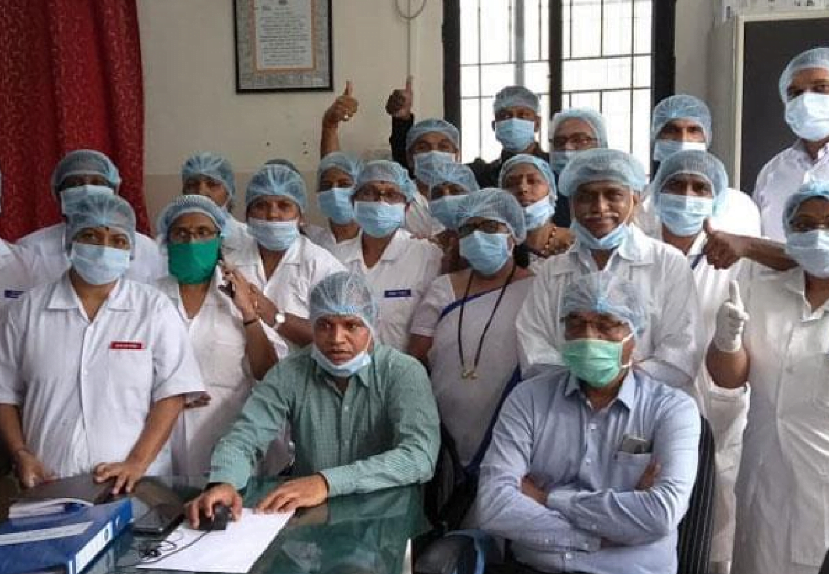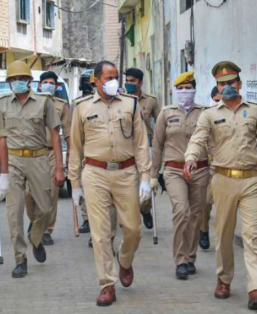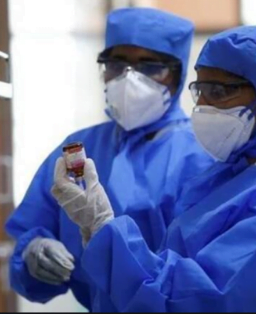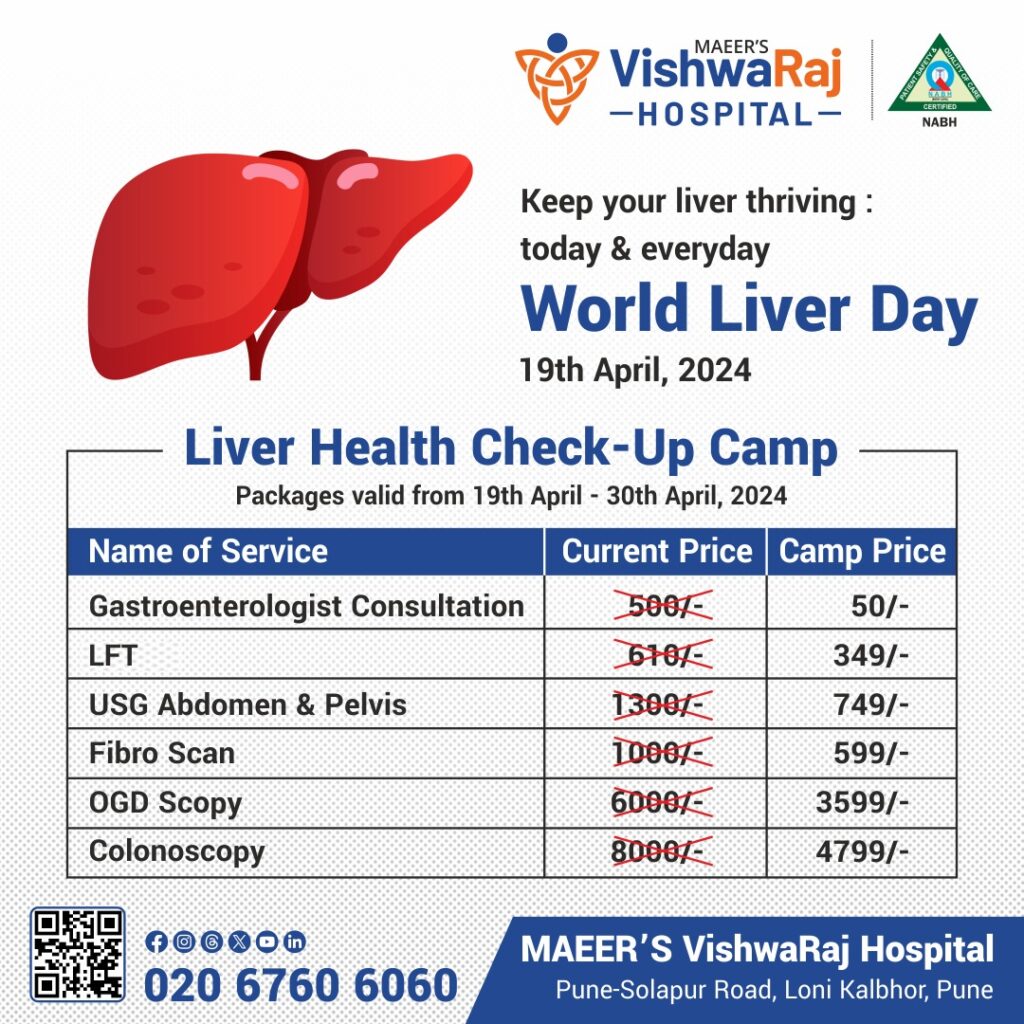Diabetes Causes, Symptoms and Treatments
- Written by: Department of General Medicine
- Published: February 27, 2021
- 5 min Read
Video Description
मधुमेह म्हणजे काय? (What is diabetes?)
मधुमेह (diabetes ) म्हणजे रक्तामध्ये असणाऱ्या साखरेचा प्रमाण वाढणे. मधुमेह (diabetes ) हा आता घराघरात पोचला आहे. आपल्या सर्वांच्या रक्तात साखर असते कारण त्या शिवाय आपला मेंदू काम करू शकत नाही. पण रक्तात सारखेच प्रमाण वाढणे हे वाईट गोष्ट आहे. जेव्हा हे रक्त प्रमाणापेक्षा जास्त वाढते तेव्हा त्याला diabetes (मधुमेह) असा म्हणतात.
रक्तातील साखरेचे प्रमाण किती असावे? (What should be levels of sugar for Diabetes?)
जर आपली साखर ची मात्र सकाळी उपाशी पोटी १२६ पेक्षा जास्त आणि जेवणानंतर ची साखर १६० पेखा जास्त असेल तर आपल्याला मधुमेह होऊ शकतो.
Diabetes ची तपासणी कधी करावी? (When to do a Diabetes test?)
आपण दर वर्षातून एकदा साखर तपासणी करणे गरजेचे आहे ज्यामुळे आपल्याला मधुमेह आहे कि नाही हे समजण्यास मदत होईल.
मधुमेहाची लक्षणे (What are symptoms of Diabetes?)
मधुमेह ची लक्षणे वेग वेगळी असू शकतात जसे कि
- खूप भूक लागणे
- खूप खाऊन देखील वजन न वाढणे
- वजन कमी होणे
- रात्रीचे सारखे लघवीला लागणे (४० ते ५० वयोगटाच्या खाली)
- लघवीच्या जागी संसर्ग होणे आणि थकवा जाणवणे
हे लक्षणे येण्या पूर्वी सुद्धा आपल्याला मधुमेह बद्दल जागरूक झाले पाहिजे. मधुमेह जर आई वडिलांना असेल तर अधिक जागरूक राहणे गरजेचे आहे.
आपल्याला मधुमेह होऊ नये यासाठी काय काळजी घ्यायची लागेल? (How to prevent Diabetes)
- वेळोवेळी तपासणी करणे गरजेचे आहे
- नियमित व्यायाम करणे गरजेचे आहे
- फास्ट फूड टाळणे खूप गरजेचे आहे
- सकाळी उशिरा नाश्ता करणे, रात्री खूप उशिरा जेवण करणे उशिरा झोपणे हे टाळावे
Diabetes असल्यास काय केले पाहिजे? (how to control diabetes in marathi)
- खचून जाऊ नये
- जवळच्या Diabetes च्या डॉक्टरांकडे जाऊन सकाळची आणि जेवणानंतरची साखर तपासणी करावे त्यानुसार डॉक्टरांच्या गुईडन्स च्या खाली औषधे चालू करावे
Diebetes असल्यास आयुष्यभर औषधे खायची गरज असते का? (how to control diabetes in marathi?)
Diabetes ची औषधे तुम्ही स्वतः कमी करू शकता. हे तेव्हाच शक्य आहे जेव्हा आपण दिलेल्या आहाराची पाट्या पाळली आणि औषधे वेळोवेळी घेतली तर आपल्याला खूप जास्त फायदा होईल. १०० मधील ८०% लोकांना योग्य मार्गदर्शन भेटले तर त्यांची औषधे बंद होऊ शकतात. मधुमेह कसा बरा होतो मधुमेह ला न घाबरता जर तुम्ही योग्य उपचार आणि योग्य मार्गदर्शन घेतले तर तुम्हाला त्याचा खूप चांगला फायदा होईल.
We can show here some inserts from video


What Is Cardiac Resynchronization Therapy (CRT)?
Cardiac resynchronization therapy (CRT), also termed as biventricular pacing, involves the use of a special kind of pacemaker known as a biventricular pacemaker – that works by sending small electrical impulses through the leads attached to it, in order to keep the right and left ventricles pumping together, called AV synchrony. It is designed to help the ventricles contract normally and improve the heart’s rhythm and symptoms associated with arrhythmia or heart failure.
How Does A Biventricular Pacemaker Works?
The pacemaker is implanted just below the collarbone. There are three wires connected to the devices monitor that helps in detecting heart rate irregularities and in synchronizing the heart by emitting tiny pulses of electricity to correct them.
Diagnostic Procedure
The doctor performs several tests to diagnose the find the cause of irregular heartbeats, before implanting a biventricular pacemaker. These tests are performed using:
Patients also want to know
Featured in 10 Most Trusted Hospitals in Pune
TIPS TO GET PREGNANT IN WOMEN WITH PCOS
PCOS, also known as polycystic ovarian syndrome, is becoming increasingly prevalent as a significant lifestyle-related condition among young adults. In India, approximately one out of every five women suffer from...
Read More

Google Reviews
For detailed information contact us
- 24/7 Support Team: 020 6760 6060
Related Videos
About Writer


Department of General Medicine
We are committed to being your most trusted health care partner by focusing on individual needs and family history. So, whether you need an annual checkup or you have a complex health problem, the dedicated team of primary care experts at VishwaRaj Hospital is ready to treat you from head-to-toe.
Was this blog helpful for you?
they found this blog helpful
Share this with
Last medically reviewed on







